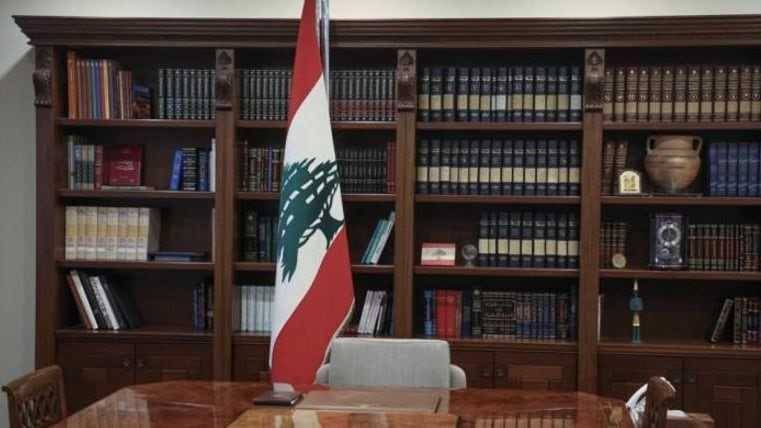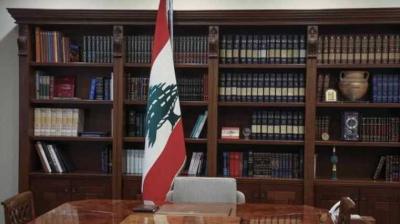What the ambassadors of the Quintet are doing does not all come to light, a statement from a deputy playing a mediating role to resolve matters among the conflicting parties, with Western support from a major state, and with the blessing and encouragement of the Speaker of the Parliament, Nabih Berri, who is fully cooperative according to this deputy and appreciates the risks surrounding Lebanon, especially in light of warnings we've received from Western sources about the possibility of Israeli Prime Minister Benjamin Netanyahu transferring Israeli military operations from Rafah to Lebanon.
Information revealed to "Al-Anbaa" from Kuwait indicates that U.S. Ambassador Lisa Johnson, who met with President Berri in Ain al-Tineh days ago, discussed the presidential file and the necessity of creating a short list of names for potential third-choice candidates. Conversely, Johnson listened to a deputy during their meeting at her embassy in Awkar regarding the need to set deadlines for completing the presidential election and to inform the Lebanese parties about it. The deputy conveyed the ambassador's support for the proposal, noting that she shortened the suggested timeline from the end of May to May 15.
He mentioned that the U.S. ambassador inquired during the session about the name of the president tasked with forming the government, to which the response was to first finalize the presidential election. Here, the ambassador reminded them of the long time it took to form previous governments, averaging nearly a year. She called for accelerating the pace to give the country a chance to recover and for institutions to start functioning.
Additionally, "Al-Anbaa" reported that Papal Ambassador Paolo Bourgia reiterated to a visiting deputy at the embassy in Harissa that the Vatican does not propose names for the presidency and will not do so, but rather studies names suggested by the parties and helps secure spaces for dialogue among the Lebanese. It is rumored that a group of deputies is preparing to visit the Vatican in an attempt to encourage it to ask Lebanese Christian leaders to lower their demands and facilitate the completion of the presidential election.
In the course of consultations, a well-informed source mentioned that Speaker Berri avoids proposing any serious main presidential candidate to prevent the matter from being interpreted as an interference in a matter pertaining to the Christians, despite the president's position being national and inclusive for all. The source pointed out that Hezbollah continues to publicly insist on its support for the duo's candidate, former Minister Sleiman Frangieh of the Marada Movement, and will not open any window for compromise until it is assured that the other parties agree on a specific name that is essential within a short list.
Berri's move to distance himself from proposing names follows the re-nomination of a former minister by the head of the Free Patriotic Movement, Deputy Gibran Bassil, which was not accepted by either party in the duo. The step was interpreted as Bassil's refusal, until now, to agree on a candidate acceptable to both President Berri and Maronite Patriarch Cardinal Bechara Rai.
A proactive deputy summarized the equation of the new mandate in Lebanon: a president who is acceptable to the United States and enjoys approval and flexibility from Hezbollah, in exchange for a prime minister with Arab acceptance, ensuring a mandate that addresses all problems, particularly economic and financial ones.




